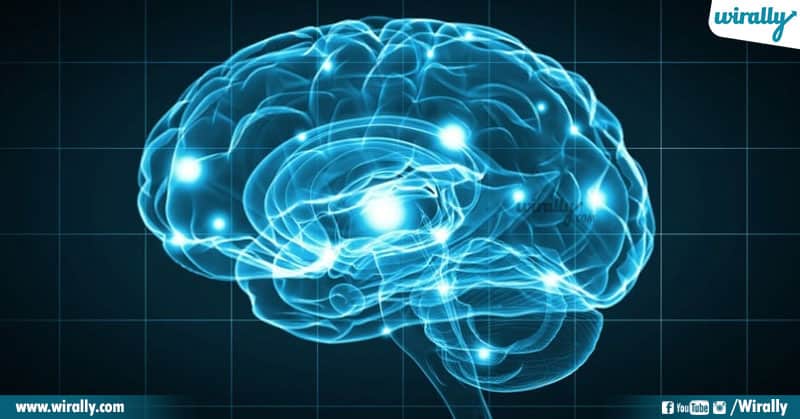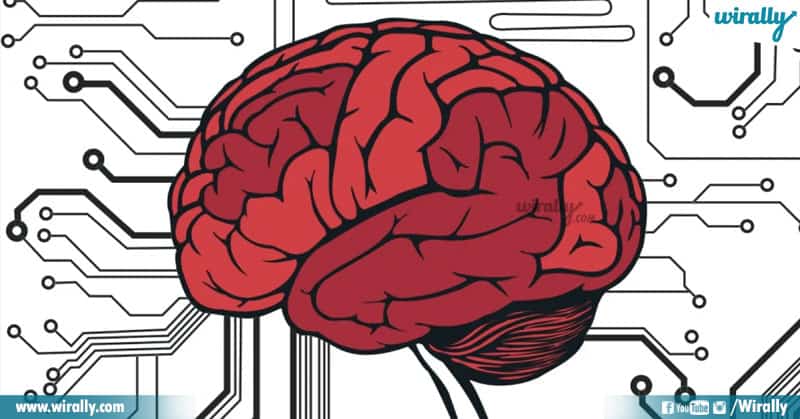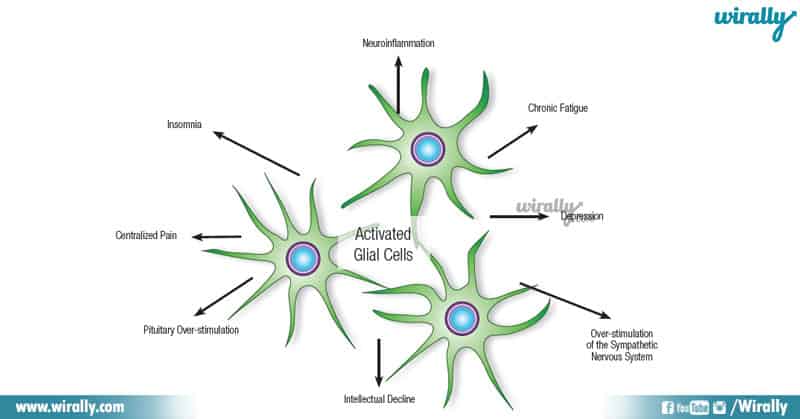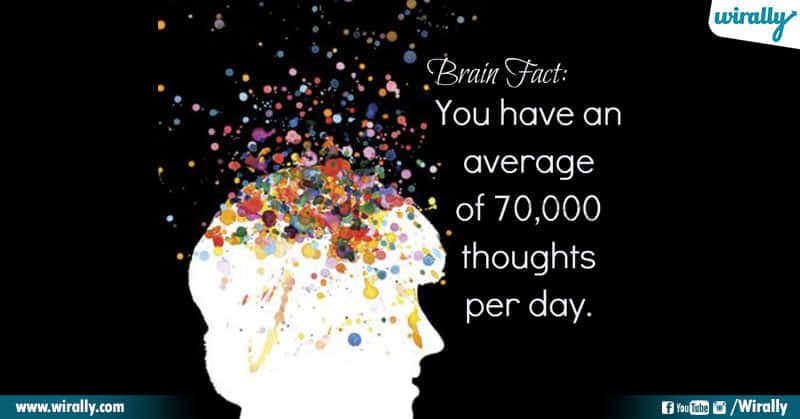The Human brain might be the most important organ in our body. Our intelligence is what separates us from other species. One of the major contributors to the fact that we have come so far, and seen so many technological advancements is our brain. It is the most complicated part of the body and is responsible for all the actions. It is made up of billions of neurons, and without its help, you wouldn’t even be able to move a muscle. Though the brain has helped us in achieving many great things, a lot is still unknown about this fascinating organ. In this article, we will be looking at some of the interesting and fascinating facts you might have not known about the human brain.
Unknown Facts About the Human Brain
- An adult brain weighs about 3 pounds.
- About 75 percent of the brain is made up of water. This means that dehydration, even in small amounts, can have a negative effect on the brain functions.

- When you find yourself sleeping in a new environment for the first time, the brain processes danger and remains half-awake in order to be more aware.
- We cry when we are very happy because our hypothalamus in our brain can’t distinguish the difference between strong happiness and strong sadness.
- The chills that you get when listening to music is a result of your brain releasing dopamine. When a song “moves” you, the anticipation from a peak moment in the song triggers this release.
- Exercise slows our brains’ cognitive decline and increased physical activity over the norm can slow our brain’s aging by 10 years.

- Your brain’s storage capacity is considered virtually unlimited. Research suggests the human brain consists of about 86 billion neurons. Each neuron forms connections to other neurons, which could add up to 1 quadrillion (1,000 trillion) connections. Over time, these neurons can combine, increasing storage capacity.
- Brain information travels at the speed of 268 miles per hour. When a neuron is stimulated, it generates an electrical impulse that travels from cell to cell.
- you only use 10 percent of your brain is a myth, in fact you actually use all of it, even when you are sleeping. Neurologists confirm that your brain is always active.
- Your brain generates about 12-25 watts of electricity. This is enough to power a low wattage LED light bulb.”
- Alcohol doesn’t make you forget anything. When you get blackout drunk, the brain temporarily loses the ability to create memories.

- In theory, the human brain is capable of solving and computing problems much quicker than a computer.
- The brain has no pain receptors and feels no pain
- When the mind recalls a memory, it’s not the original memory. In fact, the act of remembering is an act of creative re-imagination. The put-together memory doesn’t just have a few holes; it also has some entirely new bits pasted in.
- The Brain uses around 20 % of Body’s energy
- Our brain usually chooses the first option on lists. Studies show when people are presented with a list of options, they are most likely to pick whatever is first. The same is shown to hold true for voting.
- The human brain gets smaller as we get older. This usually happens sometime after middle age.

- Babies’ brains grow rapidly. A 2-year-old baby will have an 80% fully grown brain. This rapid development is why paying close attention to your child’s development in the early years is so impactful to their ability as an adult.
- Yawning is actually a reaction that sends more oxygen to your brain, it also helps in cooling down the brain.
- Within your brain, there are 150,000 miles of blood vessels that carry blood and oxygen to various parts of the organ.
- Every time your heart beats, your arteries carry 20 to 25 percent of your blood to the brain.
- Size doesn’t matter in the brain. There is no evidence that a larger brain is smarter than a smaller brain.
- The harder you think, the more oxygen and fuel your brain will use from your blood – up to 50 percent.
- It takes the brain about 1/10,000th of a second to respond to something and generate an action.
- Glial cells make up approximately half of the brain and spinal cord, these cells perform a range of functions, including acting as a glue to hold neurons together.
- Traumatic brain injury is the leading cause of disability and death. The most common causes of these traumatic brain injury include falls, motor vehicles crashes, and assaults.
- The average size of the human brain has decreased by about 9 cubic inches over the past 5,000 years. This may be due to the fact that our bodies have also gotten smaller over time.
- Your brain keeps developing until your late 40s.

- New Brain Connections Are Created Every Time You Form a Memory.
- It’s scientifically proven that even a small dose of POWER changes how a person’s brain operates and diminishes empathy.
- Forgetting is good for the brain: deleting unnecessary information helps the nervous system retain its plasticity.
- “Sphenopalatine ganglioneuralgia” is the scientific term for brain freeze.
- Rhere is no Left Brain/Right Brain Divide. It’s a myth. They work together.
- Sleep deprivation affects the brain in multiple ways that can impair judgment and slow reaction.
- The brain treats rejection like physical pain, according to scientists.
- When you learn something new, the structure of your brain changes.
- We have more brain cells as a newborn baby than we will ever have again.
- In 2015, the 4th most powerful supercomputer in the world took 40 minutes to simulate just one second of human brain activity.
- At rest, your brain uses one-fifth of a calorie per minute.
- You have about 70,000 thoughts a day.

- Mental breaks are good for your brain, they increase productivity, replenish attention, solidify memories and encourage creativity.
- We can’t remember much of our first few years because the hippocampus wasn’t developed enough to build a rich memory of an event.
- Humans spend 13% of their lives not focusing on anything in particular.
Also Read: Unknown Facts About Bhishma


















